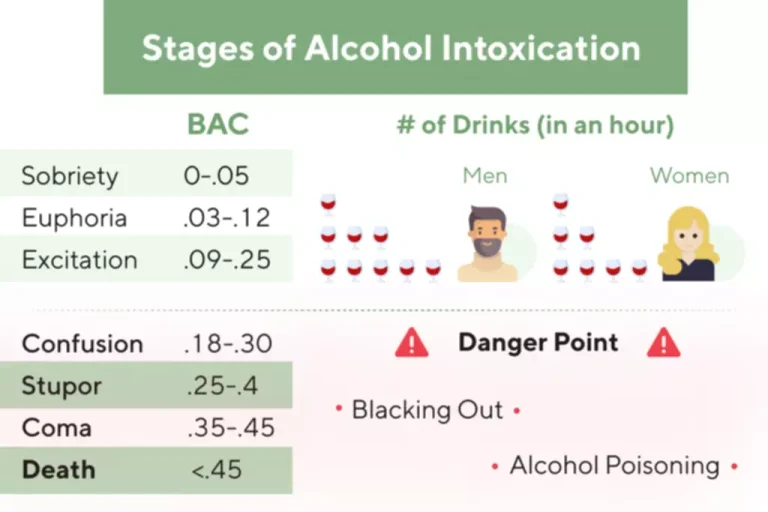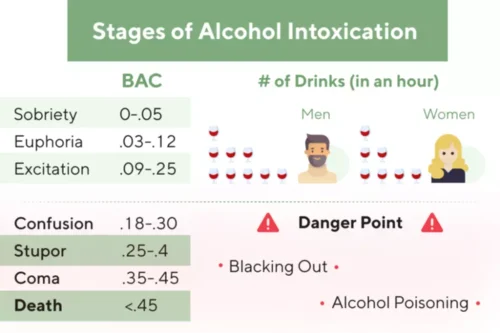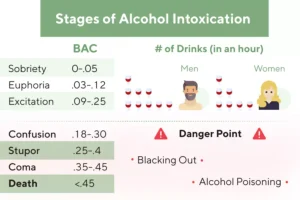
You may hear them called “functional” or “high-functioning” alcoholics. But those aren’t official medical terms. Many are not viewed by society as being alcoholic, because they have functioned, succeeded and/or over-achieved throughout their lifetimes. These achievements often lead to an increase in personal denial as well as denial from colleagues and loved ones. An HFA is an alcoholic who is able to maintain his or her outside life, such as a job, home, family, and friendships, all while drinking alcoholically. HFAs have the same disease as the stereotypical “skid-row” alcoholic, but it manifests or progresses differently. Many people with AUDs decide to have further treatment and support, such as attending group therapy, individual counseling, or high functioning alcoholic support groups.
Recovery Coaching

This makes it important to seek medical treatment and peer support in your recovery process. A doctor may also diagnose AUD by asking about your health history and drinking patterns. If you give permission, they may speak to your family or loved ones regarding how much you drink. But they may put themselves or others in danger by drinking and driving, having risky sexual encounters, or blacking out, Benton says.
Physical and Mental Health

So it becomes difficult to ascertain the true relationship that they have with alcohol. Functional alcoholics are often intelligent, hardworking and well-educated. Their professional status or personal success can make it hard to approach them about having a “problem” with alcohol. However, it is impossible to continue drinking heavily for a long period of time without suffering the physical and psychological consequences of alcoholism, such as liver disease, heart disease, neurological damage, cancer or depression. Whether you have an alcoholic spouse, partner or other loved one, you may be wondering how to help. High-functioning alcoholics can benefit from having an at-home support system before, during and after any form of treatment for their addiction.
Top doctors in ,

However, this and other related misnomers such as “functional alcoholic” are no longer used because of the potential stigma that can prevent someone from seeking help. Sarah Allen Benton, M.S., LMHC., LPC, is a licensed mental health counselor and author of Understanding the High-Functioning Alcoholic. But it’s possible to treat the “functioning addict” before the facade crumbles, and addiction specialists say workplace health programs should take a more proactive approach, says Butt. Experts warn, however, that many people with addictions continue to perform at work. So-called “high-functioning addicts” exist across all sectors, and workplaces aren’t intervening early enough, which puts those who have addictions at a higher risk of physical and psychological harm, experts argue. For those seeking addiction treatment for themselves or a loved one, all phone calls are confidential and are available for 24/7 help.

What if your loved one refuses?
- By the time they admit the problem, their withdrawal symptoms—which can begin within a few hours after their last drink—can become more and more severe.
- This means that a participant’s physical and mental health condition will need to be evaluated and used to develop a personalized treatment plan that may include various addiction treatment options.
- This means someone who seems to be able to continue to perform and even succeed in their career or family life, maintaining relationships, physical health, and avoiding involvement with criminality, despite excessive alcohol use.
- My image of the alcoholic was always an individual who could not hold his or her life together, and I certainly did not fit that description.
- First, Chassin, Curran, Hussong and Colder 62 showed that parents’ monitoring of their children accounted, in part, for the association between parental alcoholism and escalations in adolescents’ substance use over time.
Substance use disorders are a significant public health concern and rank among the most common psychiatric disorders beginning in young adulthood 1. These disorders are highly disabling, frequently co-occur with and even exacerbate other mental and physical health problems, and show a strong familial pattern 2,3. For example, in studies of community samples, children of substance abusing parents are more than twice as likely to have an alcohol and/or drug use disorder themselves by young adulthood as compared to their peers 4. Moreover, children of substance abusing parents are at risk for a wide variety of other negative outcomes, including emotional, social, and behavioral adjustment problems as well as challenges in cognitive and academic functioning.
- Your doctor or another medical or mental health professional can provide you with more information and guidance about alcoholism and suggest how to speak to your loved one.
- In contrast, there was no difference in neuropsychological functioning between sons of recovering alcoholics and non-alcoholics.

When people talk about alcoholism, they are actually referring to someone who has an alcohol use disorder. Alcoholism is not an official diagnosis, but it is a commonly used term. There are also subtypes of alcoholism, one of which is functional alcoholism. High-functioning alcoholism presents a unique challenge, as individuals may appear outwardly successful while struggling with alcohol dependency behind closed doors.
Risk for poor emotional and behavioral outcomes among children living with a parent who has a substance abuse history are reported among those as young as 2 to 3 years of age 5–7. Importantly, despite the noted association between parental substance abuse and these negative outcomes for children, parents’ alcohol or drug abuse does not solely explain why these children are at risk. Co-occurring risk factors including other forms of parent psychopathology and family adversity including poverty, conflict, and family structure sometimes better explained risk in these children than did the parents’ substance abuse history. Acknowledging the incredible diversity in the https://ecosoberhouse.com/article/10-best-alcohol-addiction-recovery-books/ level and form of risk for negative outcomes faced by children of substance abusing parents, we believe broad generalizations about these children and their families are unwarranted. Instead, we recommend focusing on those factors that may alter or explain levels of risk among these families. No matter how well high-functioning alcoholics conceal their addiction or maintain their careers and relationships, they are still alcoholics.
